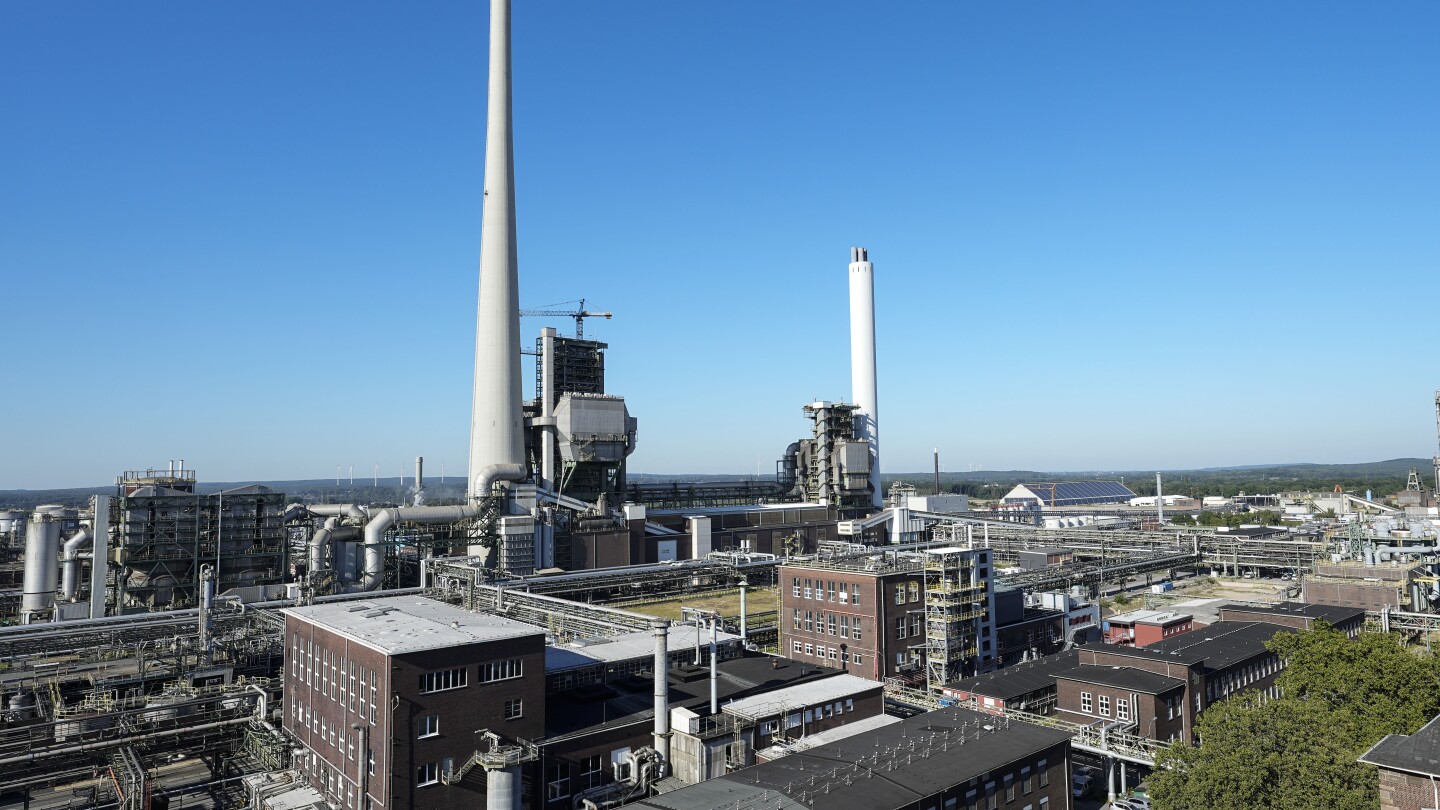For most of this century, Germany racked up one economic success after another, dominating global markets for high-end products like luxury cars and industrial machinery, selling so much to the rest of the world that half the economy ran on exports.
Jobs were plentiful, the government’s financial coffers grew as other European countries drowned in debt, and books were written about what other countries could learn from Germany.
No longer. Now, Germany is the world’s worst-performing major developed economy, with both the International Monetary Fund and European Union expecting it to shrink this year.



At this late stage of Neoliberal Capitalism, what’s deemed “economic success” is a measly 2% GDP “growth” and for Germany that can just be from exploiting its access to cheap hydrocarbons from Russia, something which is now pretty much over.
Meanwhile, like everybody else, Germany is suffering the cummulative effects of 4 decades of neoliberalism and its “oh so special” way of managing the Economy (unconditional saving of Financial giants that overextended themselves, like Deutsche Bank, maximizing rewards for asset ownership and pumping up asset bubbles all over the place and so on) not just directly but also indirectly because you’re seeing empoverishment on a per-capita level in the countries to which German companies exported.
I think (all of this is opinion) that the general late stage Neoliberal Capitalism malaise is affecting most western countries and then Germany, thanks to that extra push of loosing the golden goose of cheap hydrocarbons (which was so great for the likes of BASF) is just this little bit worst than most, and after a decade which normalized a few percent of GDP increment as “growth” it doesn’t take much of a “push” to have what is mathematically a large percentual difference in “growth” rates compared to the rest (i.e. when “growth” is 2%, loosing a mere 1% results in half the “growth”).
Last but not least, as we’re living in Peak Bullshit Times when it comes to Politically Important Financial Figures, all of this ends up reported with no sense of proportion so tiny changes in a aggregate figure (not even per-capita) that doesn’t even map to most people’s experience are portrayed as enormously important (notice how in the “good times” we were told 2% was the country “growing”, when that value is statistically within the margin of error of the very processes used to produce those figures).
Also, this neoliberal course fucked up education somewhat fierce. We simply can’t deliver the quality anymore as more and more experienced engineers (the main driving force behind those exports) are retiring. And don’t get me started on the terrible internet/cell infrastructure!
Because we legitimized the financial sector as a net benefit to society, historically they were considered a net negative, but now all the smart kids want to go into investment banking.
Boom and bust galore.
Don’t worry about BASF they’ve been preparing for the end of fossil fuels for decades and have a gazillion replacement recipes in place that they were already using depending on the oil price: If necessary they can produce all their precursors and therefore everything from e.g. starch, they’re also one of the primary investors in hydrogen infrastructure.
OTOH they’re nowhere close to being the poster-child of green chemicals, that honour goes to Werner & Mertz (and a couple of even smaller companies noone has ever heard of, e.g. folks working on lignin-based plastics).
And they didn’t use those recipes before, no doubt because the profit margins with those are lower.
It doesn’t take much of a loss in profitability for a company as large as BASF to pull down Germany’s GDP if only a little bit (and when the difference between GDP growth being reported as “strong” or “weak” is all of +/-1%, every little bit counts).
And then on top of that there’s other companies directly or indirectly dependent on cheap hydrocarbons, as well as the whole situation of the high dependency of German Households on gas for heating.
I for one think that over the long run getting rid of its hydrocarbon addiction will be good for Germany, but before the country gets there the cold-turkey period will naturally impact its GDP growth.